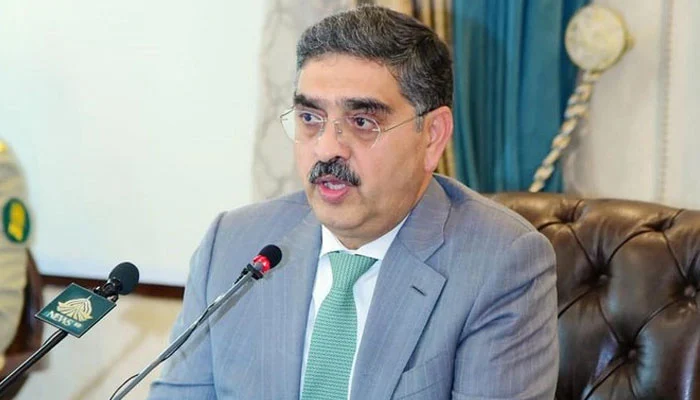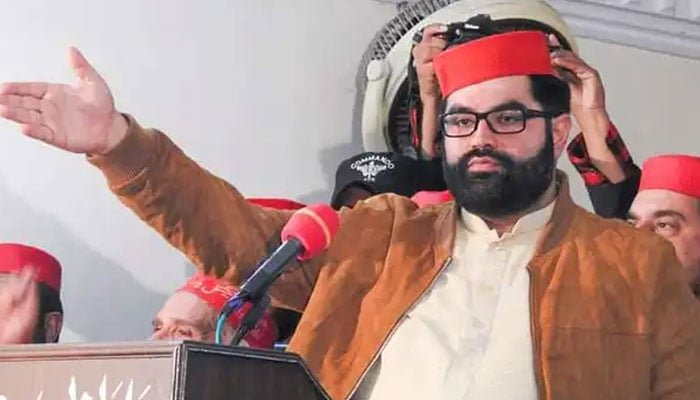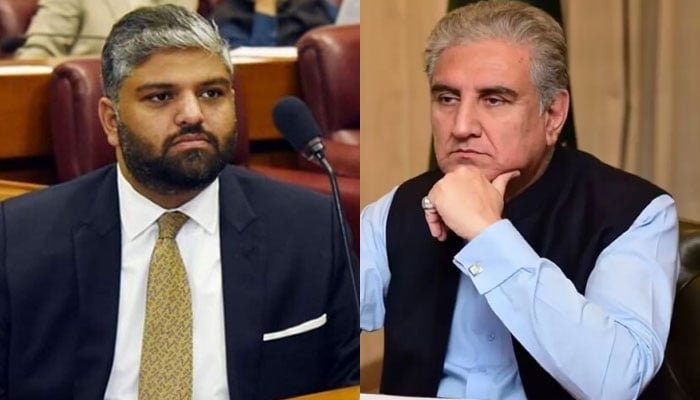Pakistani political circles buzzed with debate and controversy following statements made by former Prime Minister Anwar ul Haq Kakar regarding the Israel-Palestine conflict and the possibility of accepting a two-state solution. Kaskar emphasized that accepting a separate state for Israel was out of the question, firmly standing against any notion of recognizing Israel as an independent entity. This assertion comes in stark contrast to his earlier statement where he suggested that a two-state solution, long demanded by Palestinians, could potentially bring stability to the Middle East.
In response, Chairman of the Pakistan Tehreek-e-Insaf (PTI) party, Imran Khan, distanced himself from Kaskar’s stance, stating that the decision regarding his candidacy in the upcoming elections rested with the judiciary, not him or his party. This clear separation of powers underlines Pakistan’s democratic process, emphasizing that electoral decisions are made impartially by the courts.
The comments made by Anwar ul Haq Kaskar gained additional attention due to the backing he received from Pakistan’s Chief of Army Staff, General Asim Munir. General Munir expressed confidence in the Balochistan leader’s views on diplomacy, especially concerning the sensitive issue of Middle East stability. While General Munir’s statement does not necessarily indicate a shift in Pakistan’s foreign policy, it raises questions about the diversity of opinions within the country’s leadership on matters of international relations.
Moreover, Kaskar’s assertion regarding cricket visas added an unusual twist to the discourse. He suggested that India should grant visas to Pakistani cricket enthusiasts, just as Pakistan would extend the same courtesy to Indian fans if a similar event were hosted in Pakistan. This statement, while seemingly unrelated, highlights the complexity of the regional dynamics and the potential role sports diplomacy could play in fostering understanding and peace between the neighboring nations.
It’s essential to note that these opinions are those of individual politicians and do not necessarily reflect the official stance of the Pakistani government. The contrasting viewpoints within the political landscape underline the diversity of perspectives in Pakistan, both on domestic and international issues. As these debates unfold, they continue to shape the nation’s political discourse, reflecting the complexities and challenges of navigating global affairs in the modern age.



